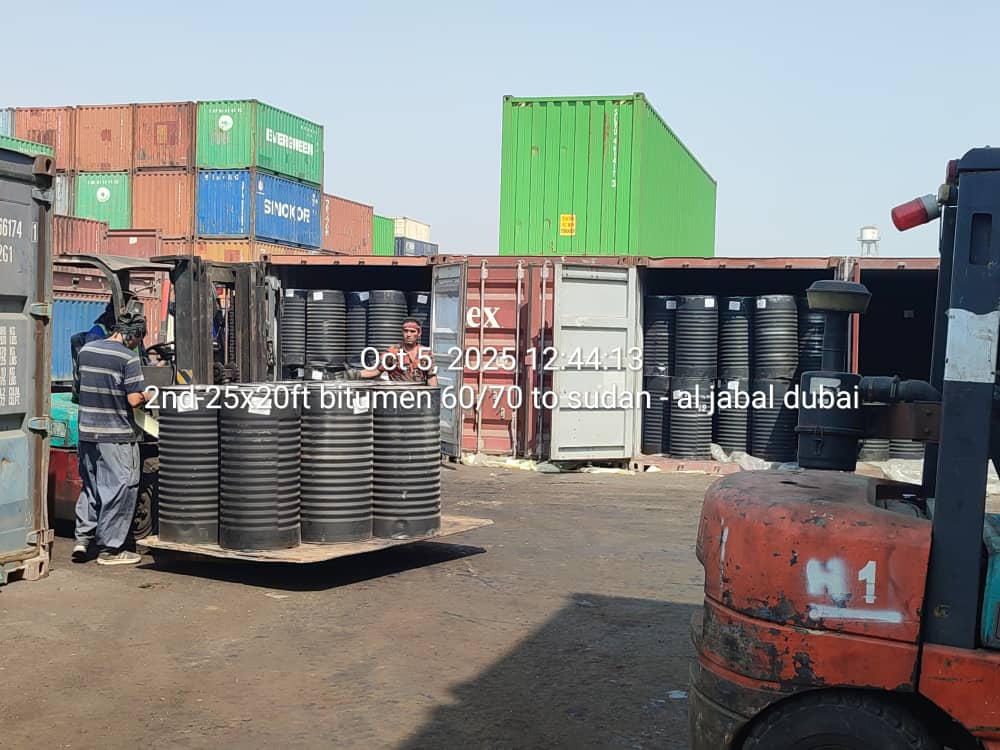
Introduction
Bitumen is the backbone of modern infrastructure, powering highways, airports, and roofing projects worldwide. Among its various grades, bitumen 60/70 has emerged as one of the most sought-after due to its balance of penetration and durability. But when it comes to pricing, many factors come into play, and finding trusted manufacturers becomes a game-changer.
Understanding Bitumen 60/70
Bitumen 60/70 is a penetration-grade bitumen, meaning it is classified by how far a standard needle penetrates the material under specific conditions. This grade is versatile and widely used in road paving, waterproofing, and asphalt production. Its durability under varying climates makes it a preferred choice in Asia, Africa, and the Middle East.
Global Market Overview of Bitumen 60/70
The global market for bitumen 60/70 has been expanding rapidly. Developing nations in Africa and Southeast Asia are driving demand through massive infrastructure projects. Meanwhile, the Middle East remains a leading supplier thanks to its vast petroleum reserves. Challenges, such as fluctuating crude oil prices and geopolitical tensions, continue to shape the market.
Price Dynamics of Bitumen 60/70
The cost of bitumen 60/70 depends on several factors:
- Crude Oil Prices: Since bitumen is derived from crude oil, its price rises and falls with the global oil market.
- Seasonal Demand: Prices spike during construction seasons and fall during monsoon or winter periods.
- Supply Chain Costs: Shipping, handling, and packaging influence the final cost for buyers.
Bitumen 60/70 Price Trends 2025
In 2025, the average global price of bitumen 60/70 has ranged between $350 to $480 per metric ton, depending on the region and packaging type.
- Asia: Prices remain competitive due to proximity to suppliers.
- Africa: Costs are higher due to import logistics.
- Europe: Stability is maintained, but regulations increase costs slightly.
Experts predict moderate price growth in the coming years, especially as construction booms continue worldwide.
Benefits of Buying from Trusted Manufacturers
Sourcing bitumen from trusted manufacturers ensures:
- Consistent Quality: Meeting ASTM, EN, and other global standards.
- Safety in Supply: Avoiding adulterated or sub-standard materials.
- Efficient Logistics: Timely delivery with reliable documentation.
Top Trusted Manufacturers of Bitumen 60/70
Some of the world’s leading manufacturers include:
- Middle East: UAE, and Bahrain producers.
- Asia: India and Malaysia exporters.
- Africa: Emerging suppliers in Nigeria and South Africa.
- Europe: Established companies supplying to regional markets.
Why Choose ISO and SGS Certified Suppliers
Certification is more than paperwork—it’s a guarantee of quality. ISO and SGS-certified suppliers undergo strict testing to ensure their products meet safety and performance standards. Buyers gain peace of mind knowing the product aligns with international benchmarks.
Packaging and Shipment Options
Bitumen 60/70 is available in various packaging methods:
- Steel Drums: Traditional and widely used.
- Bulk Vessels: Suitable for large projects.
- Jumbo Bags: Eco-friendly alternatives.
- Containerized Shipment: Safer for long-distance exports.
Cost Breakdown
When evaluating prices, buyers often encounter FOB (Free on Board) and CIF (Cost, Insurance, and Freight) terms. FOB is cheaper but requires buyers to handle shipping, while CIF covers all costs up to the destination port. Additional charges such as import duties, storage, and inland transportation also impact the final price.
How to Verify a Reliable Supplier
Before signing contracts, buyers should:
- Check Company History
- Request Trade References
- Verify Certifications Online
- Conduct Third-Party Inspections
Tips for Buyers
- Always negotiate in writing to avoid hidden costs.
- Plan orders in advance to avoid seasonal price hikes.
- Secure contracts that include penalties for late delivery.
Environmental and Sustainability Aspects
Sustainability in the bitumen industry is gaining momentum. Manufacturers are adopting eco-friendly production methods and governments are encouraging bitumen recycling in road construction. Buyers should look for suppliers investing in green technology.
Case Studies
- Highway Expansion in Africa – Delivered by trusted Middle Eastern suppliers, ensuring durability under harsh climates.
- Unreliable Supplier Experience – A company faced delays and financial losses due to non-certified suppliers, highlighting the risks of cutting costs.
Conclusion
Bitumen 60/70 continues to be the gold standard in road construction and waterproofing projects worldwide. While prices fluctuate based on crude oil and logistics, buyers can secure the best deals by partnering with trusted, certified manufacturers. Investing in quality today means safer, longer-lasting infrastructure tomorrow.
FAQs
1. What makes bitumen 60/70 different from other grades?
Bitumen 60/70 offers the perfect balance of penetration and durability, making it suitable for a wide range of climates.
2. How can buyers ensure they are paying fair prices?
By comparing FOB and CIF rates, checking certifications, and consulting market price indices.
3. What are the main regions exporting bitumen 60/70?
Key exporters include the Middle East, India, Malaysia, and emerging suppliers in Africa.
4. Why is certification important when buying bitumen?
Certifications such as ISO and SGS ensure the product meets international standards, reducing risks of poor quality.
5. Can bitumen 60/70 be stored long-term without quality loss?
Yes, if stored properly in sealed drums or containers, it can last for months without degradation.
